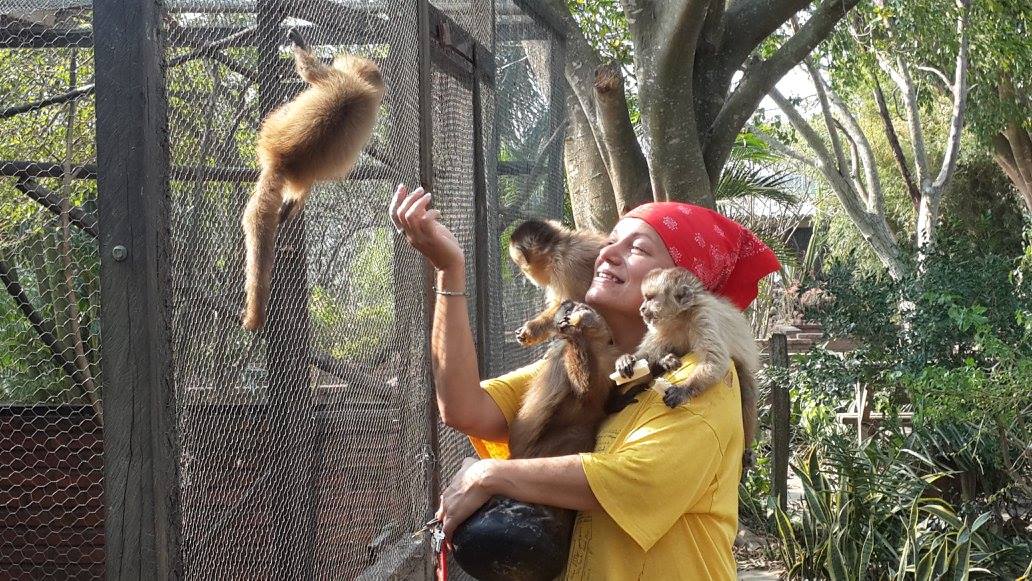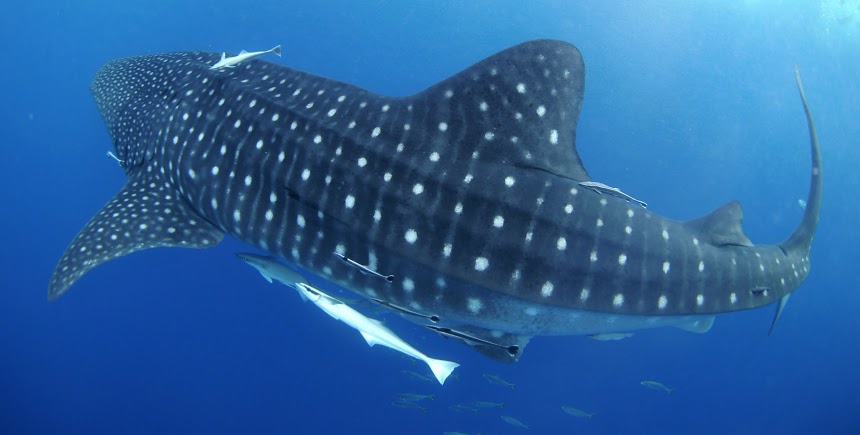Global warming, overtourism, mass tourism, the collapse of biodiversity... More than ever, tourism and travel are being blamed for the general degradation of the environment.
Yet travel remains an invaluable tool for promoting peace in the world, by enabling every citizen to come face to face with otherness. Many organizations, such as the World Tourism Organization (WTO), a specialized agency of the United Nations, are committed to promoting responsible, supportive and sustainable tourism. And this, with a view to achieving the 2030 Agenda for Sustainable Development and the Sustainable Development Goals (SDGs).
What is solidarity travel?
Solidarity travel is travel that respects the country visited from a cultural, economic and environmental point of view. The money you pay for your stay is reinjected into the local economy. The emphasis is on meeting and exchanging with the local population, and your ecological footprint is not disproportionately large.
The five pillars of solidarity travel
- Involving local communities in the various phases of the tourism project
- Encounters and respect for people, cultures and nature
- A fairer distribution of the resources generated
- Traveler awareness and preparation (waste management, resource management)
- Local economic benefits.
What label for fair trade travel?
Association for Fair Tourism
The ATES (Association pour le Tourisme Equitable et Solidaire - Association for Fair and Solidarity-based Tourism) brings together players in the field of fair and solidarity-based tourism. Founded in 2006, it brings together tour operators committed to making travel a lever for development and international solidarity.
ATES issues a "Fair and Solidarity Tourism Guarantee" label, which guarantees travelers a unique travel experience that respects people and cultures. This Fair Tourism label was created in 2014 to guarantee travelers ethical and solidarity-based tourism in France and around the world. Today, 17 structures ( tour operators, accommodation, tourist offices and activity providers) carry the ATES label.
Working for responsible tourism
ATR has developed a label that guarantees that travel operators respect the commitments of responsible tourism, working together to improve travel quality.
Agir pour un tourisme responsable (ATR) has created an evaluation system for travel operators wishing not only to act for responsible tourism, but also to demonstrate their commitment. Travel operators are invited to provide proof of the actions they have put in place to promote responsible tourism.
Between 2006 and 2014, ATR entrusted AFAQ AFNOR with the implementation of a service commitment certification, the subject of a "Towards responsible tourism" referential.
Participative and committed travel
Participatory travel or tourism has a strong social and environmental dimension. It is born of a strong desire on the part of travelers to take concrete, positive action in the country they are visiting. In participatory tourism, the host population involves visitors in their daily activities. Participatory tourism is a way of reinventing the relationship with our hosts, emphasizing the richness of intercultural exchange.
Positive impact on biodiversity
The traveler who chooses this type of alternative stay is looking for a certain authenticity in human relations. They're also looking to have a positive impact on biodiversity. Very often, their action is directed towards environmental projects such as saving endangered species or planting trees.
Ecovolunteering, scientific travel, humanitarian travel
Ecovolunteering trips, scientific travel and humanitarian travel also fall under the participative and solidarity travel banner. These types of committed travel are, of course, part of the participative travel family. However, there are nuances. Scientific vacations, for example, are a concept invented and popularized by the NGO Objectif Sciences International (OSI). This NGO specializes in scientific holidays, science and participatory research. It believes that education is the driving force behind the Sustainable Development Goals. OSI offers a range of participatory science stays, for adults and minors.
Ecovolunteering, which has been developing since the early 2000s, was conceptualized by several associations, including Cybelle Planète, which led a participatory effort to create the ecovolunteering charter, in which Cap sur l'écovolontariat participated.


